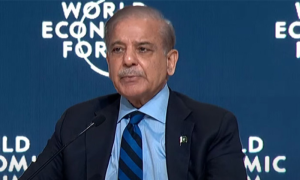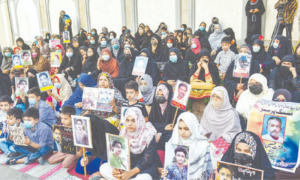TBILISI: In a landmark move, member countries of the Central Asia Regional Economic Cooperation (CAREC) Program have collectively pledged to diminish greenhouse gas emissions and enhance their ability to withstand the impacts of climate change.
The 22nd CAREC Ministerial Conference, convened in Tbilisi for the inaugural time, witnessed unanimous support for a joint ministerial statement championing the “Regional Action on Climate Change: A Vision for CAREC.” This commitment aims to assist countries in upholding their obligations outlined in the Paris Agreement.
Ministers and high-level officials from Azerbaijan, the People’s Republic of China, Georgia, Kazakhstan, the Kyrgyz Republic, Mongolia, Pakistan, Tajikistan, Turkmenistan, and Uzbekistan endorsed the statement.
Asian Development Bank (ADB) President Masatsugu Asakawa expressed confidence in the shared vision, anticipating its positive impact on addressing the critical climate challenges in the subregion. He looks forward to tangible progress in climate projects, encompassing renewable energy, sustainable agriculture, efficient water use, economic diversification, and resilient supply chains to enhance climate adaptation and resilience.
The Vision underscores the significance of the energy transition, increased use of renewable energy sources, bolstering regional electricity trade, adopting innovative financing solutions, and investing in climate-resilient infrastructure and policies. It calls for enhanced collaboration with development partners to support the region’s climate agenda. A scoping study earlier this year highlighted severe climate impacts in the CAREC region, including temperature rises, water scarcity, desertification, and glacial melting.
CAREC will focus on improving expertise and capacities in transboundary water management, enhancing water productivity, and investing in efficient irrigation systems to boost agricultural productivity. Moreover, efforts will be directed towards decarbonizing transport, promoting regional connectivity with efficient technologies and infrastructure, developing climate-smart cities with electrified mass transit systems, and enhancing climate and disaster resilience through regional risk management and financing initiatives.
























